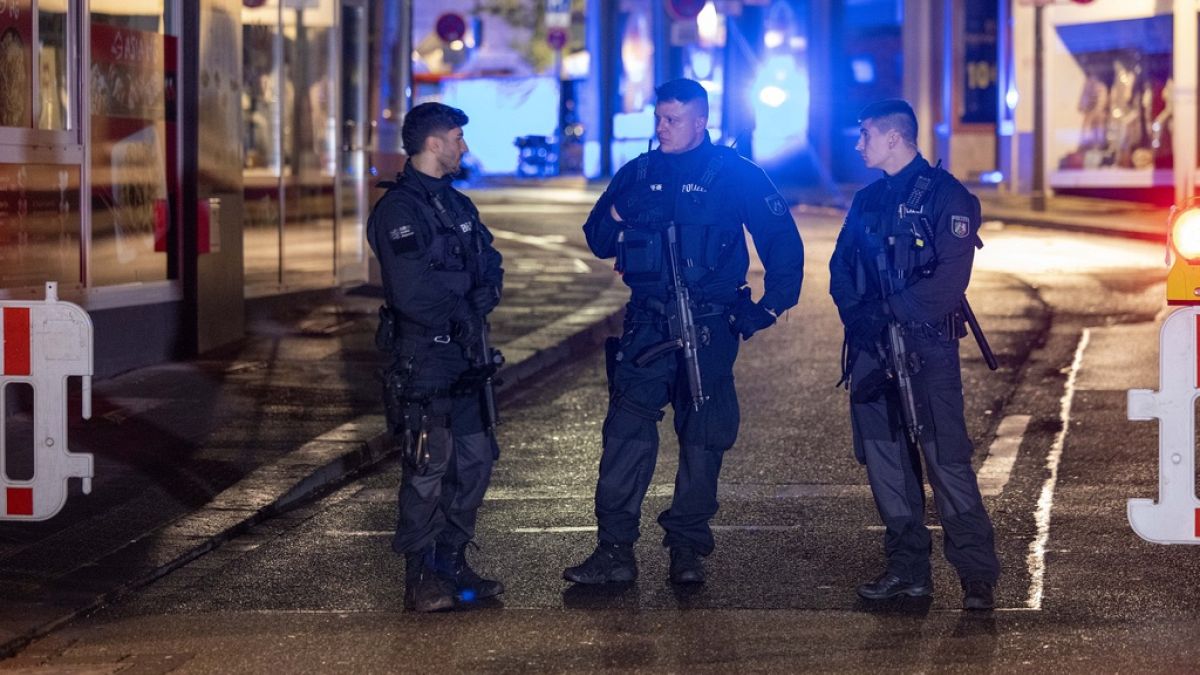An alleged Islamic extremist was arrested in Munich for plotting an attack on German soldiers with machetes. The suspect, a 27-year-old Syrian, reportedly planned to target soldiers during their lunch break, intending to cause as many casualties as possible and instill fear among the larger population. The suspect was found to support radical Islamic ideology and had procured two machetes, each around 40 centimeters long, for the attack. He appeared before a judge following his arrest, but his name has not been disclosed in accordance with German privacy rules.
This arrest follows a recent attack in Solingen, western Germany, where three people were killed and eight others injured. A 26-year-old Syrian suspect was apprehended in connection with the incident, as he was an asylum-seeker who had reportedly evaded deportation to Bulgaria. The Islamic State militant group claimed responsibility for the attack, though evidence was not provided. This violent incident sent shockwaves throughout Germany, prompting the government to tighten border controls and prioritize immigration policies.
The Munich suspect’s alleged plot highlights the ongoing threat of Islamic extremism in Europe, as individuals continue to espouse radical ideologies and plan deadly attacks. The procurement of weapons such as machetes for these attacks emphasizes the chilling intent behind these plots, as seen in this case where soldiers were targeted during a vulnerable moment. The swift arrest of the suspect is a testament to the law enforcement’s vigilance in protecting the public from such threats, but it also underscores the need for continued counter-terrorism efforts to prevent future attacks.
The connection between the Munich arrest and the Solingen attack underscores the growing concern surrounding immigration policies and border security in Europe. The Solingen incident, coupled with other recent attacks, has reignited debates about the management of asylum-seekers and the effectiveness of deportation procedures. The Islamic State’s claim of responsibility for the violence further highlights the global reach and influence of extremist groups, underscoring the need for international cooperation in combating terrorism.
As Germany grapples with the aftermath of these attacks, the country’s political agenda has been shifted to focus on ensuring public safety and addressing the root causes of extremism. The decision to extend temporary border controls and tighten security measures reflects the government’s commitment to protecting its citizens and maintaining stability. However, these actions also have broader implications for European unity, as border closures can strain relations between countries and test the effectiveness of regional cooperation in addressing security threats.
Overall, the arrest of the Munich suspect and the broader context of recent attacks in Germany demonstrate the complex challenges posed by extremist ideologies and acts of violence. While law enforcement efforts have been successful in thwarting some attacks, the persistent threat of radicalization requires sustained vigilance and cooperation among European nations. By addressing the underlying issues driving extremism and implementing effective security measures, countries can work together to prevent further tragedies and safeguard their populations.










